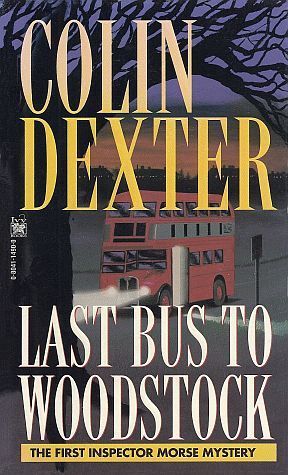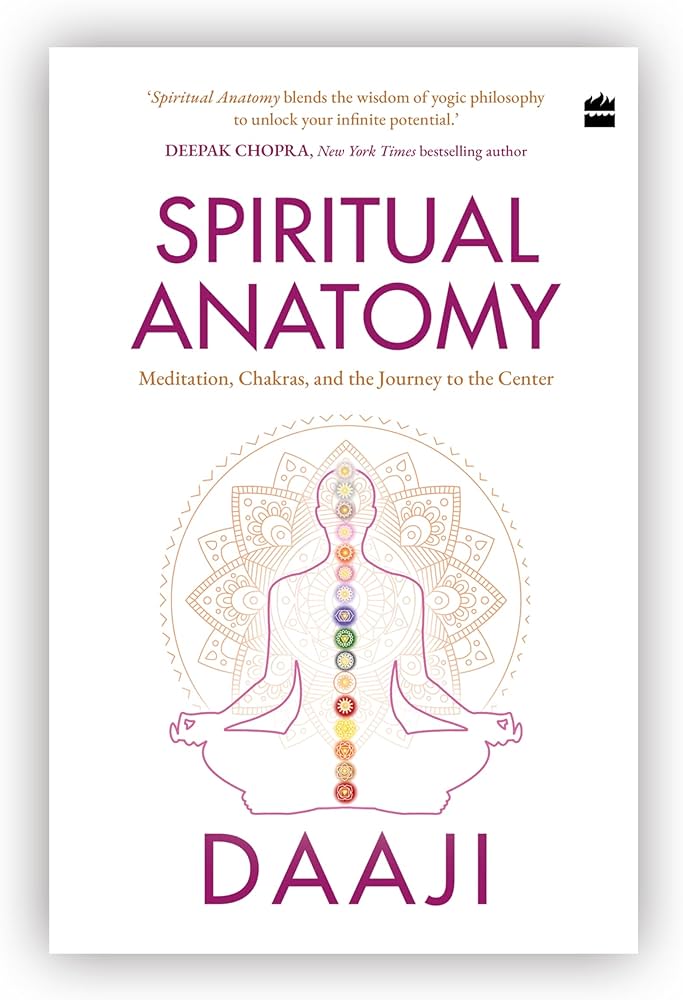Download Last Bus to Woodstock by Colin Dexter free pdf.
Prologue
Two girls were waiting for a bus on the road from Oxford to the nearby Woodstock; they were not sure if there was one at such a late hour. A middle-aged woman was strolling towards them, occasionally stopping and turning her head to gaze down the darkening length of the road that led to the heart of Oxford. She stopped a few yards away from the girls and put down her shopping bag. "Excuse me," said the first girl. "Do you know when the next bus is?"
"There should be one in a few minutes, love." She looked again into the grey distance. "Does it go to Woodstock?" "No, I don't think so - it's just for Yarnton. It goes to the village, and then turns round and comes back." "Oh." The girl stepped out towards the middle of the road. No bus was in sight, and she felt anxious. There was nothing to wait for, and the girls decided to hitchhike and started along the road in the direction of Woodstock. The middle-aged woman kept her watch at the bus stop. But Mrs Mabel Jarman was not to wait for long. Soon she would be home. When asked later, she could describe one of the girls fairly well: her long, blonde hair, her careless and provocative sensuality. Of the other girl she could recall little: a light coat, dark slacks, light-brown hair. She noticed a few cars, and a heavy, bouncing lorry, burdened with a large number of wheel-less cars.
At ten minutes to seven a bus finally appeared in the distance. Soon she could almost read the bold white lettering above the driver's cab: WOODSTOCK. Oh dear! She had been wrong then, when that nice young girl had asked about the next bus. Still, never mind! They hadn't gone far. They would either get a lift or see the bus and manage to get to the next stop. Almost as soon as that bus was out of sight, she saw another, only a few hundred yards behind. This must be hers. The double-decker drew into the stop as Mrs Jarman raised her hand. At two minutes past seven she was home. She cooked herself a generous supper, washed up, and turned on the television.
At 10 o'clock she watched the main items on the News, switched off, and went to bed. At 10.30 she was sound asleep. It was at 10.30 p.m., too, that a young girl was found lying in a Woodstock courtyard. She had been brutally murdered.
CHAPTER ONE
Wednesday, 29 September
From St. Giles' in the centre of Oxford two parallel roads run north, and on the northern perimeter of Oxford, each must cross the busy northern ring road, along which cars speed by, gladly avoiding the old university city. The eastern branch eventually leads to the heart of the industrial Midlands; the western branch soon brings the motorist to the small town of Woodstock, some eight miles north of Oxford, and then to Stratford-upon-Avon.
For half a mile immediately before Woodstock, on the left-hand side, a grey stone wall marks the eastern boundary of the extensive and beautiful grounds of Blenheim Palace, the mighty mansion built by Queen Anne for her brilliant general, John Churchill, 1st Duke of Marlborough. High and imposing wrought-iron gates mark the main entrance to the Palace drive, along which the tourists in the summer season line up to walk amidst the dignified splendour of the great rooms, to stand before the vast Flemish tapestries and to see the room in which the great Sir Winston Churchill was born. Today Blenheim dominates the old town. Yet it was not always so. The strong grey houses which line the main street have witnessed older times and could tell their older tales, though now the majority are converted into gift, antique and souvenir shops - and inns. The Black Prince inn is situated half-way down a broad side-street to the left as one is journeying north.
For the last two and a half years Gaye had been the barmaid of The Black Prince, though "A pint of your best bitter, luv," was a request Gaye seldom had to meet and she now associated it with the proletariat; here it was more often vodka and lime for the bright young things, Manhattan cocktails for the American tourists, and gin and French - with a splash of Italian - for the Oxford dons. Such drinks she served with confidence from the bottles ranged invitingly behind the bar. The lounge itself was gently bathed in half light, giving an effect reminiscent, it was hoped, of a Rembrandt scene. Gaye herself was an attractive, auburn-haired girl and tonight, Wednesday, she was immaculately dressed in a black trouser-suit and white-frilled blouse. She was married and divorced, and now lived with her young son and her mother. Gaye enjoyed her divorced status as much as she enjoyed her job, and she meant to keep them both. Wednesday, as usual, had been a fairly busy evening, and it was with some relief when, at 10.25 p.m., she politely, but firmly, called for last drinks. A young man, seated on a high stool at the corner of the bar, pushed his whisky glass forward.
Listată pe:




